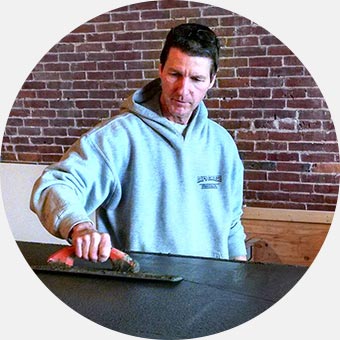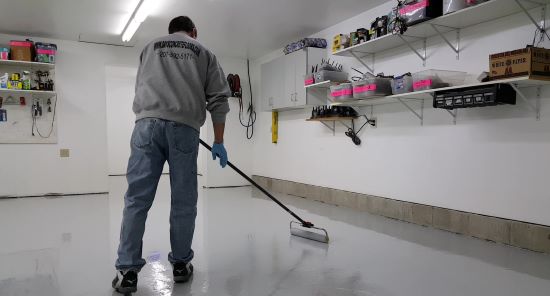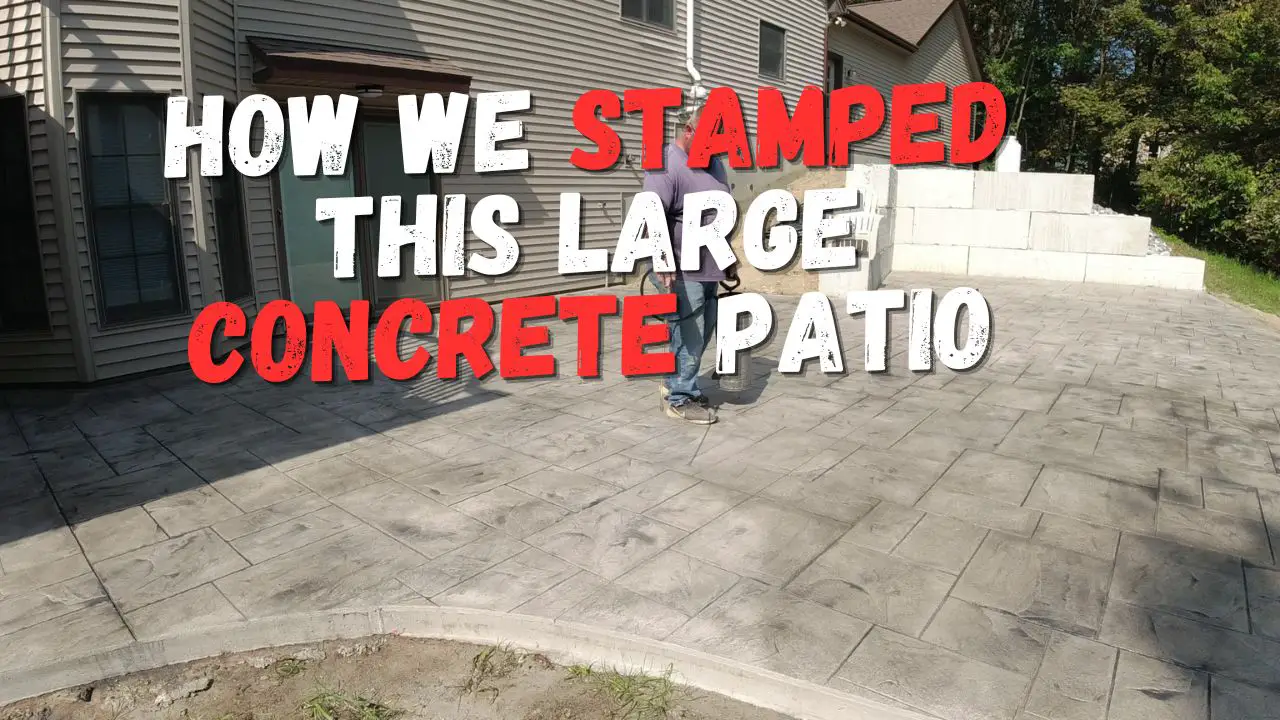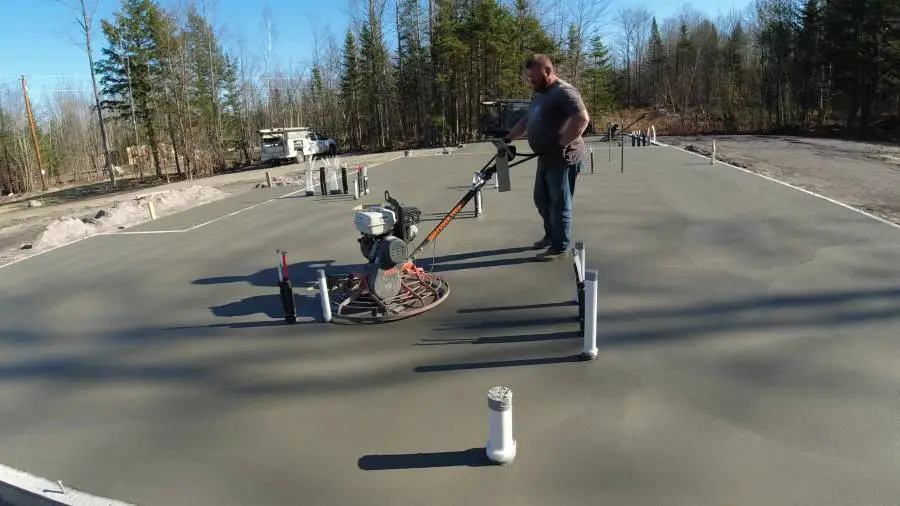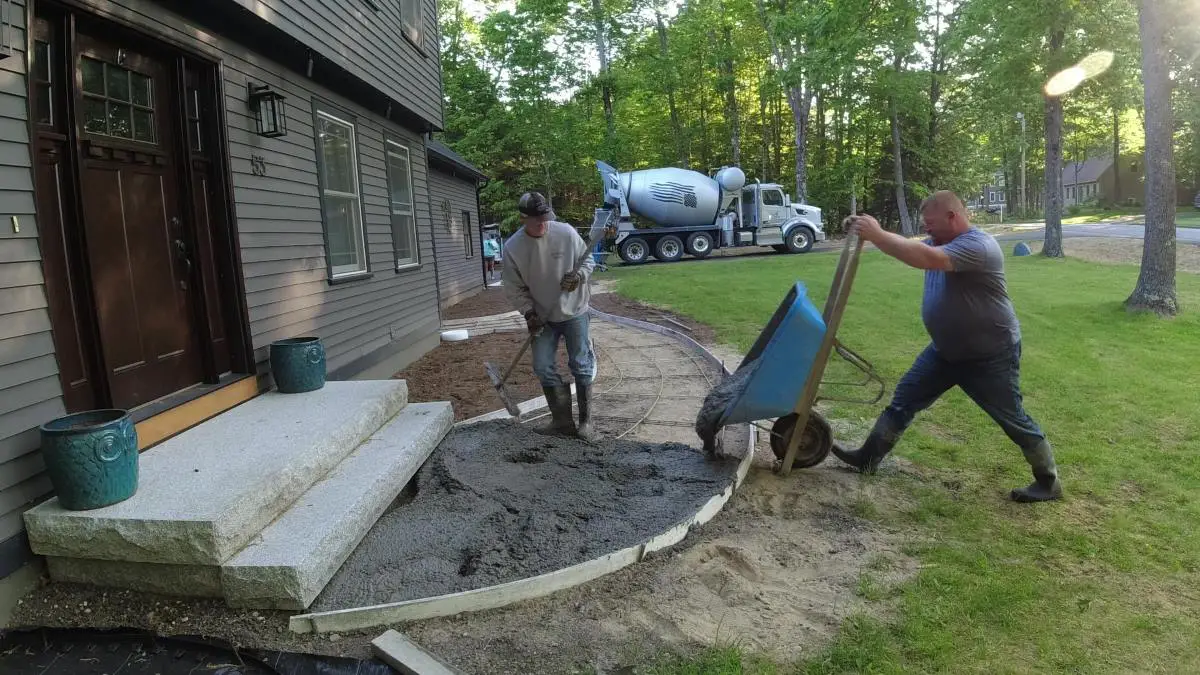CONDENSATION OF CONCRETE SLAB
by Gustavo Torres Arch
(Caracas, Venezuela)
Q. Please could you inform me as to how should I specify that a concrete slab on which a raised computer floor that will be installed and shall be used as a cooling plenum not cool the slab thus causing condensation of the bottom slab surface, where electrical cabinets will be installed.
In few words the client in another building has problems of water dripping from condensation coming from the slab above on top of which they have a 3000 sq ft computer room, with a raised floor and cooling along this floor plenum.
Thank you
A. Air always contains a certain amount of water
vapor. This vapor can originate from many
sources. When moist air is cooled below
its dewpoint (i.e. cooled to a temperature at which it cannot contain all the water originally present),
and if the cooling is caused by contact with a
colder surface, the vapor changes to liquid
droplets on that surface. This phenomenon is
called condensation.
Insulation, correctly installed, can keep the interior
surface temperature of the slab below,
above the dewpoint, helping to prevent condensation on
the bottom surface.
Condensation control involves
preventing moist air from coming into contact with cold surfaces below the dew point of the air by one
or more of the following means:
> removing moisture-laden air by controllable
ventilation or exhaust fans
> insulating to keep the slab temperature
above the dew point, and to reduce the difference
between room temperature and surface
temperatures
Adding 2 inches of styrofoam between the cooled floor and the slab should be enough to insulate the slab.
Using a vapor barrier like Stego Wrap on top of the slab along with the insulation would help also.
I would contact an engineer in your area to research this and help solve this problem.
